Technology has been exponentially growing throughout the past couple of decades. Everything is being digitized, and the field of education is not an exception. Inside and outside the classroom, students use technology to interact with each other, their teachers, and the material they are learning. Something new comes out everyday, making it hard to keep up.
Therefore, we show you here what some of the trendiest educational technologies are and how they are being used.
1. Augmented reality
It has become impossible to distinguish reality from illusion, and sometimes this is not a bad thing. Sometimes, we need to see rare, costly, far away, or simply fictional things, and augmented reality (AR) can deliver them to us. AR is a technology that adds computer-generated elements to real images being viewed from cameras of digital devices. One of the most famous implementations of AR technology is Pokémon GO, released in 2016.
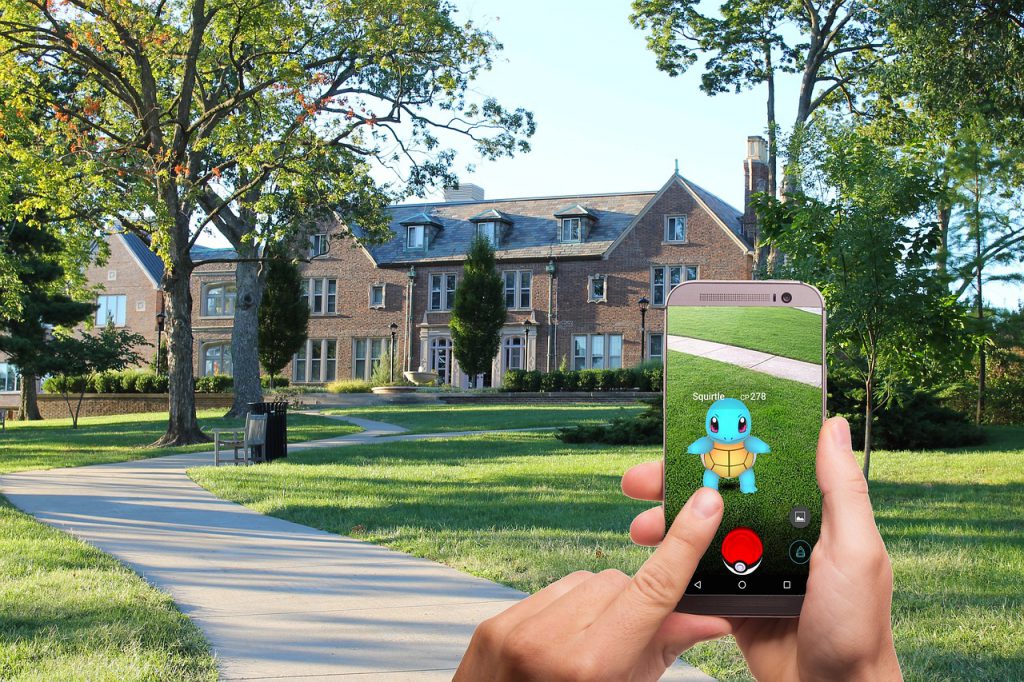
Ever since, the industry of AR has been growing rapidly and is expected to reach 1 billion users by 2020. It has also been one of the recent educational technologies. The field happens to have a need for AR and a potential for it to grow. Objects that are hard to imagine or see can be turned into 3D models. For example, objects that are too big or too small to see by the naked eye can be easily modeled and interacted with through a smartphone. Students who learn visually can view 3D models of molecules, cells, and the solar system.
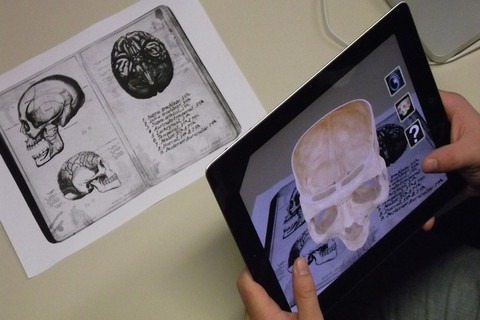
2. Cloud computing
Our devices no longer contain all our data; they are only the means to access this data. Cloud computing is one of the technological trends that has been on the rise in conducting businesses because of its clear advantages: flexibility, accessibility, and cost-efficiency. Being able to access the cloud from anywhere, at anytime, has changed the way work is conducted. It is also changing the way educational systems are functioning.
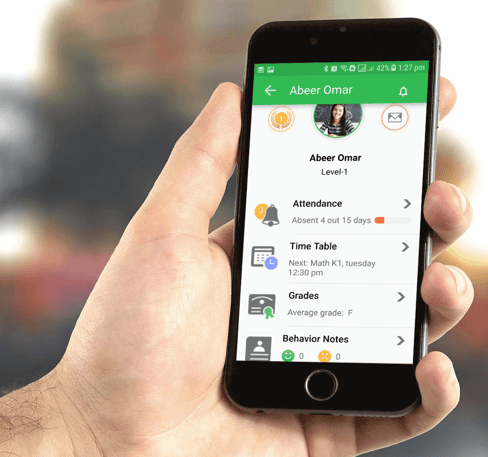
Cloud-based learning managements systems (LMS) provide this opportunity for educational institutions. Connecting students, teachers, administration, and parents to each other, an LMS combines everyone’s efforts while providing each member with a unique experience that fits their needs. Using a cloud-based LMS like Skolera LMS can help improve the educational experience at your institution. You can get a free trial version to try it for yourself and to keep up with the newest educational technologies.
3. Game-based learning
The obsession of children with video games has been causing panic. In the middle east, it has been found that, out of 10 children who play video games, 4 do so on daily basis. While the fear is sensible, there is another way to look at the issue as games can also be considered educational technologies. Game-based learning is delivering the educational material through elements of games: setting goals and missions, repetition of tasks until mastered, and gaining skills and knowledge along the way. The game considers chapters of the curriculum as levels, and students can compete against each just like they do in regular games.
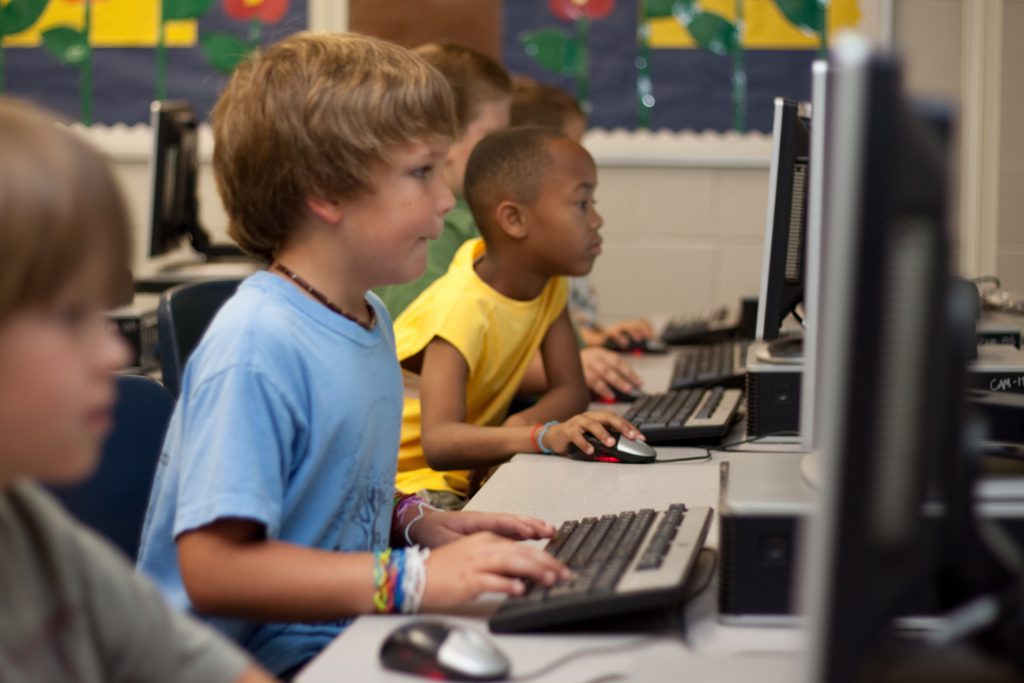
Along with learning the material, these games can develop a lot of other skills for the students. By trying to pass a level, students learn problem solving and critical thinking skills, thinking ahead and outside the box. Game-based learning also exposes them to real-life skills. For example, some games require reading a map or managing a financial account. Moreover, video games were found to help students who struggle with concentration. Game-based learning can then be a great solution for children who find difficulty concentrating in a traditional classroom environment.
Technology has been changing the educational system drastically. Great solutions are now available for everyone and easy to use. Check our blog regularly to follow the latest technological advancements in education. You can also check out Skolera LMS to learn more about how it can help your educational institution.
 Skolera LMS Blog Educational Technology Articles and News
Skolera LMS Blog Educational Technology Articles and News

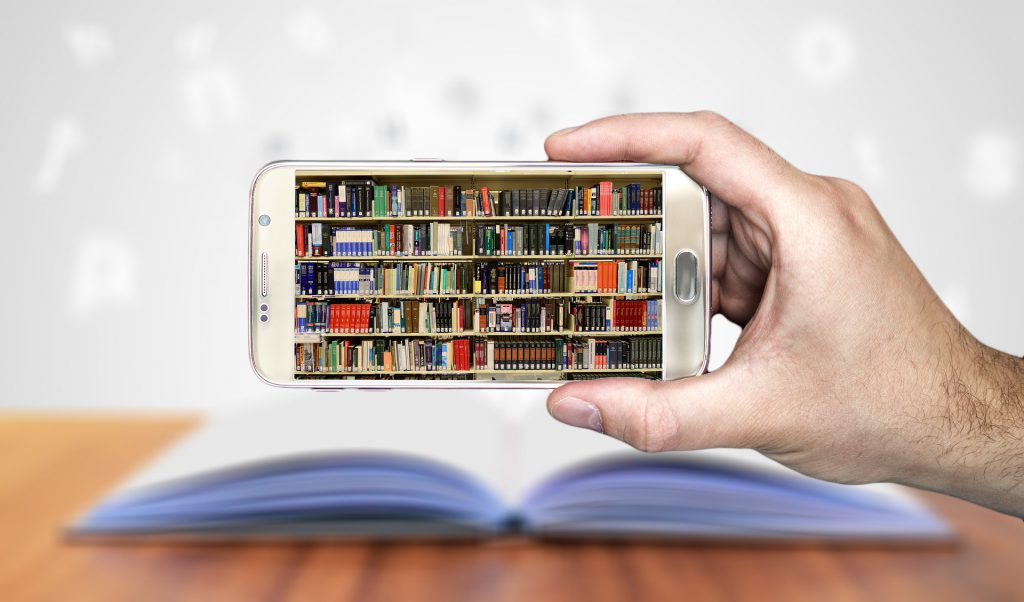


Great knowledge. I think it is high time to implement these methods in our schools and other educational
institutions. We need to do this ASAP. The longer we wait the more underdeveloped we will be. We have
no time to lose.